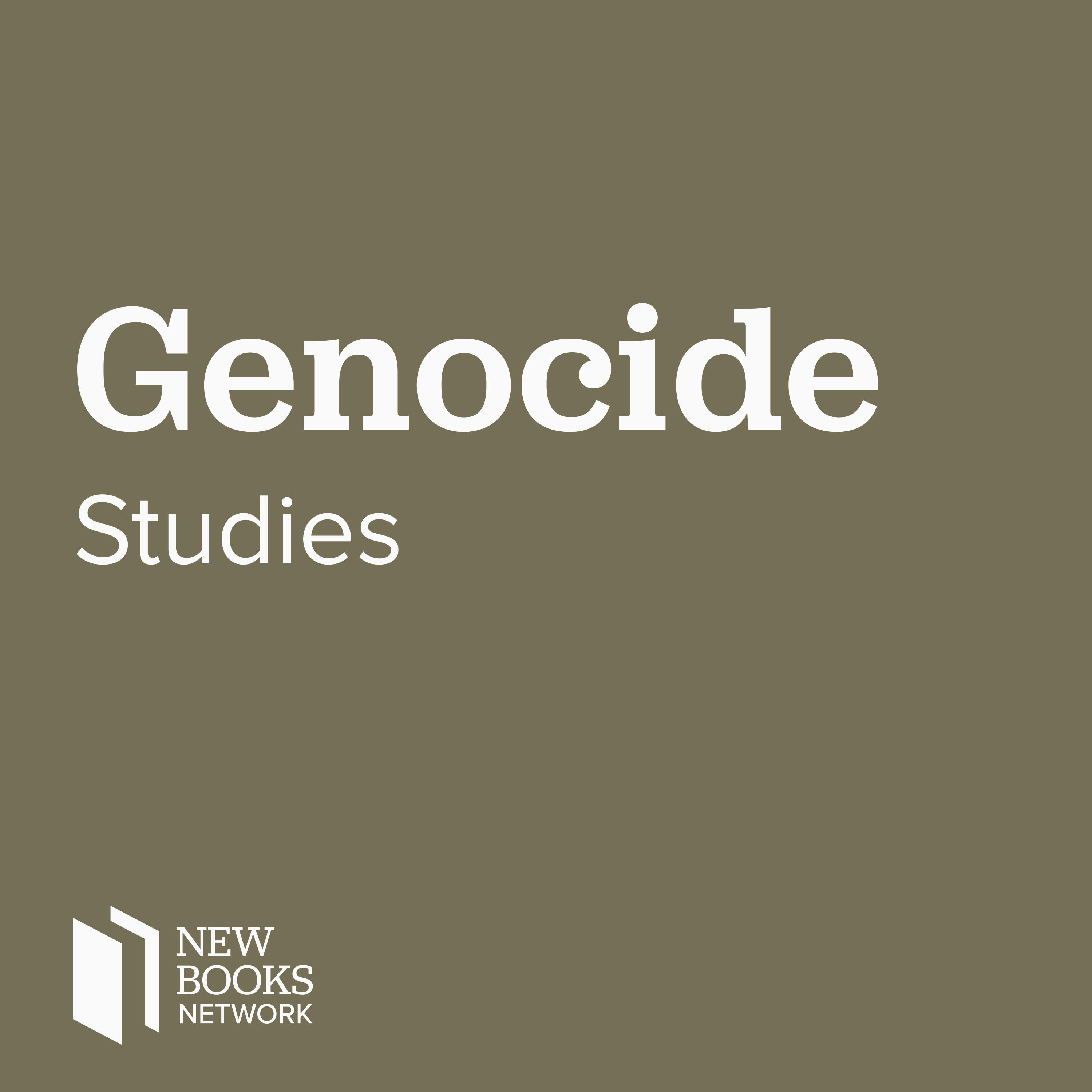Sarah Federman and Ronald Niezen, "Narratives of Mass Atrocity: Victims and Perpetrators in the Aftermath" (Cambridge UP, 2022)

Individuals can assume\u2014and be assigned\u2014multiple roles throughout a conflict: perpetrators can be victims, and vice versa; heroes can be reassessed as complicit and compromised. However, accepting this more accurate representation of the narrativized identities of violence presents a conundrum for accountability and justice mechanisms premised on clear roles. This book considers these complex, sometimes overlapping roles, as people respond to mass violence in various contexts, from international tribunals to NGO-based social movements. Bringing the literature on perpetration in conversation with the more recent field of victim studies, it suggests a new, more effective, and reflexive approach to engagement in post-conflict contexts. Long-term positive peace requires understanding the narrative dynamics within and between groups, demonstrating that the blurring of victim-perpetrator boundaries, and acknowledging their overlapping roles, is a crucial part of peacebuilding processes. This title is also available as\xa0Open Access on Cambridge Core.\nSarah Federman\xa0discusses her recent co-edited work,\xa0Narratives of Mass Atrocity: Victims and Perpetrators in the Aftermath\xa0(Cambridge University Press, 2022). Sarah explains the past and\xa0ongoing challenges of restorative justice in cases of genocide and mass atrocity with\xa0Christopher Harrison. Sarah's work on issues of corporate\xa0complicity during and the attempts of\xa0accountability in post-conflict societies, including that of the national railway system active during and long after France's role in the Holocaust, informs their conversation about the book. Sarah offers insights into the research process and how the book materialized as a consequence of an academic conference she attended with a collective of similarly interested researchers and scholars.\xa0The interview proceeds by examining the relevance of identity and restorative justice in the context of educating students about such contended narratives. Sarah explains a number of\xa0options that can exist and have successfully worked\xa0in healing post-conflict societies, most notably within local communities and organizations. The interview includes topics on multiple cases\xa0of genocide and mass atrocity including the Holocaust in Europe\xa0and the genocide in Rwanda, two\xa0diverse populations that have seen\xa0tremendous shifts of\xa0post-conflict relations\xa0over time across\xa0multiple generations.\xa0Their conversation concludes with an overview of how, even while accepting the emotive and charged circumstances that accompany restoration efforts\xa0in response to material, social, and psychological harm\xa0in political, educational, and legal processes,\xa0it is both\xa0possible and important\xa0to\xa0move beyond the binary idealized identifications of "victim," "perpetrator," and "hero" and begin to address the divisive discourses that dominate both narrative constructs and retributive legal systems.\nChristopher Harrison\xa0teaches at Northern Arizona University. HIs research concerns genocidal warfare and the policies of recruiting perpetrators and capturing victims in both historical and contemporary cases.\nLearn more about your ad choices. Visit megaphone.fm/adchoices\nSupport our show by becoming a premium member! https://newbooksnetwork.supportingcast.fm/genocide-studies